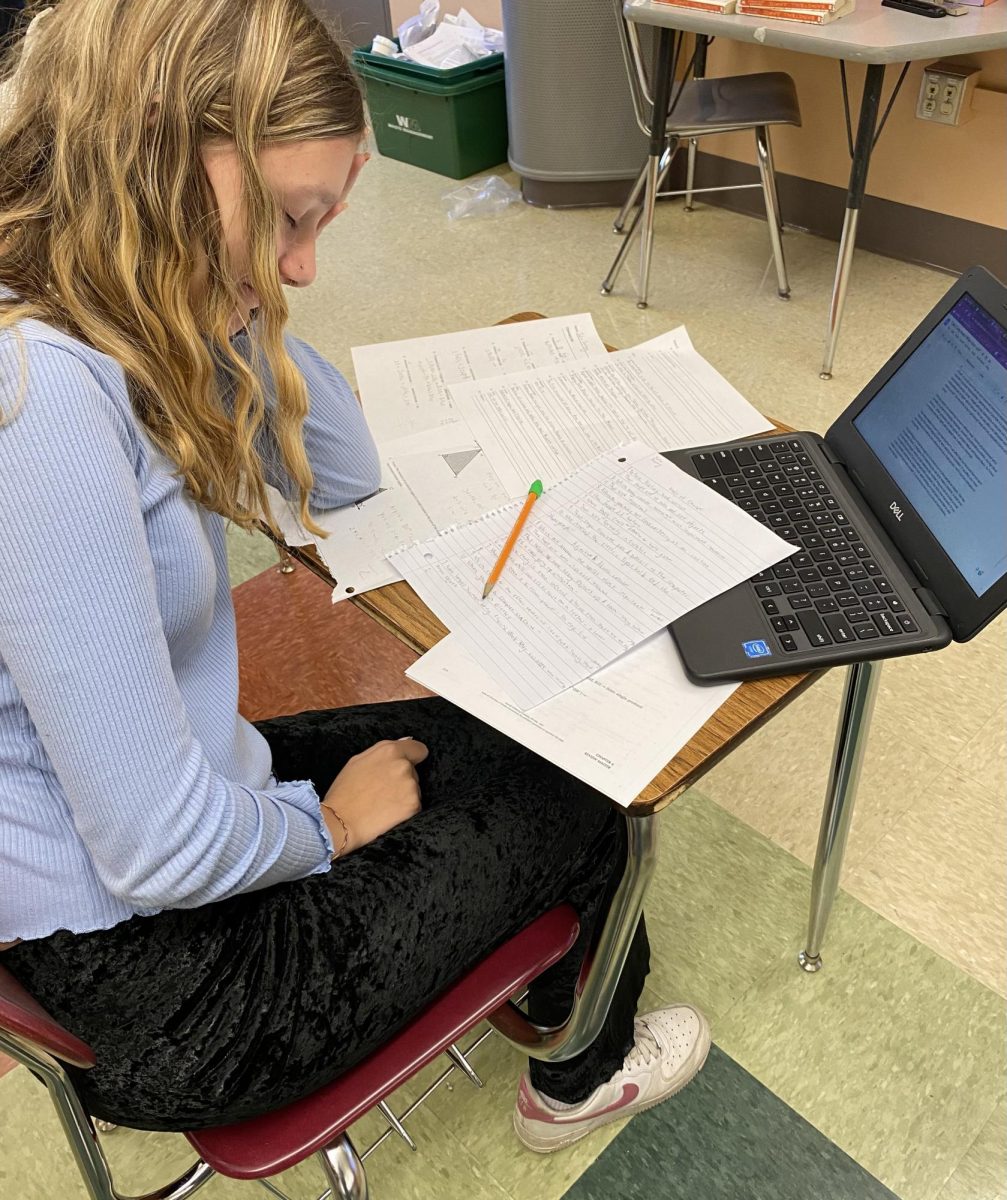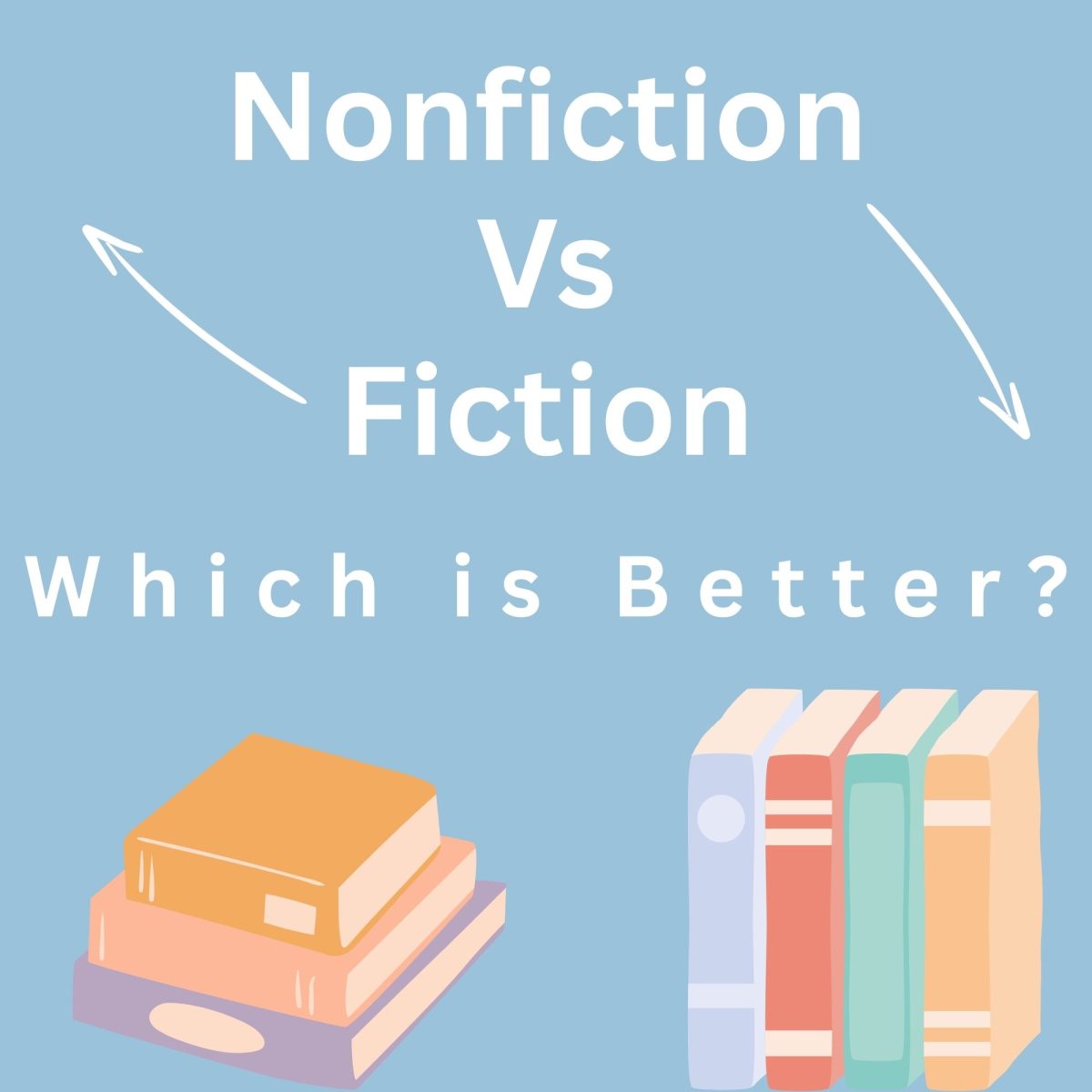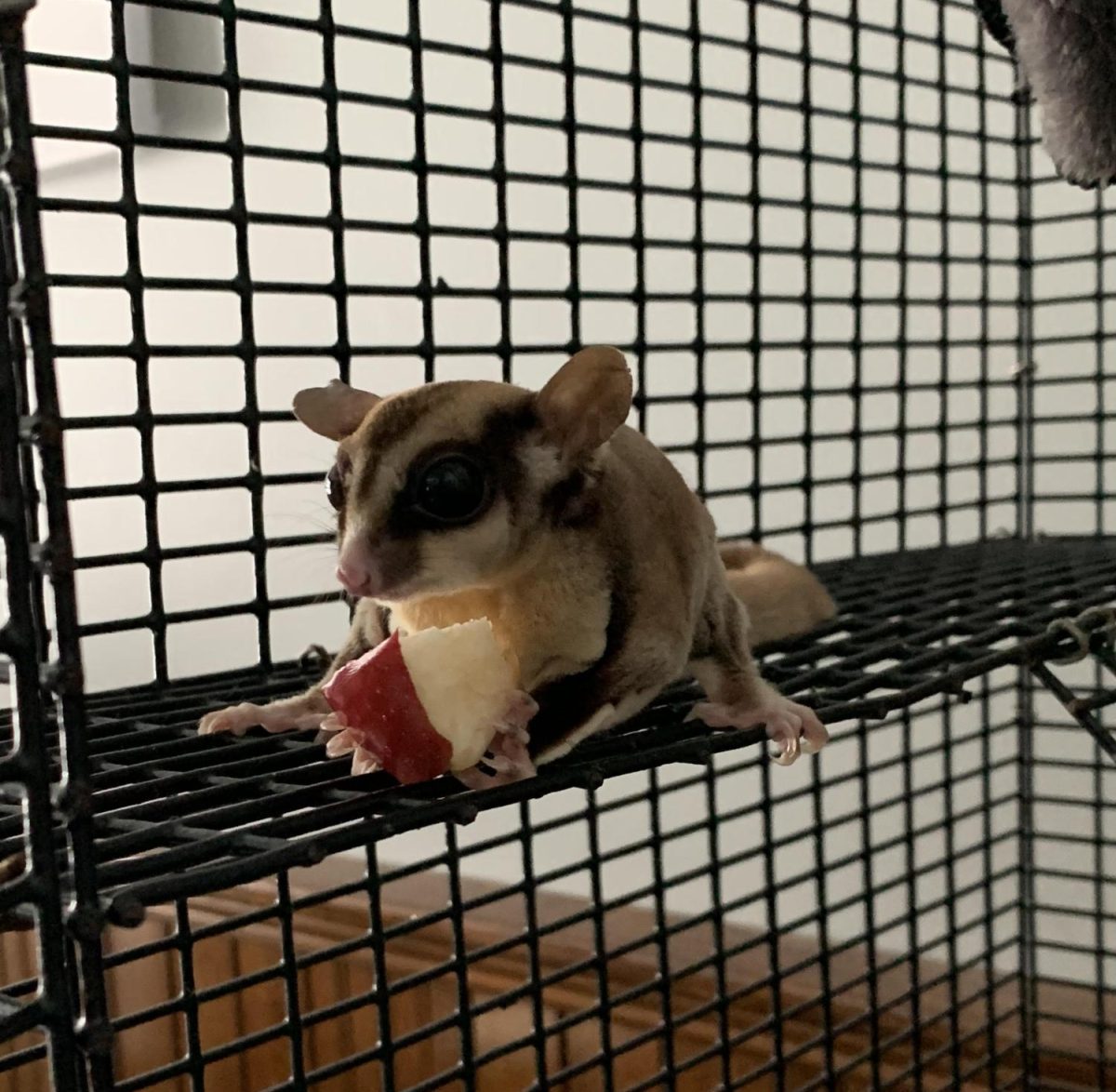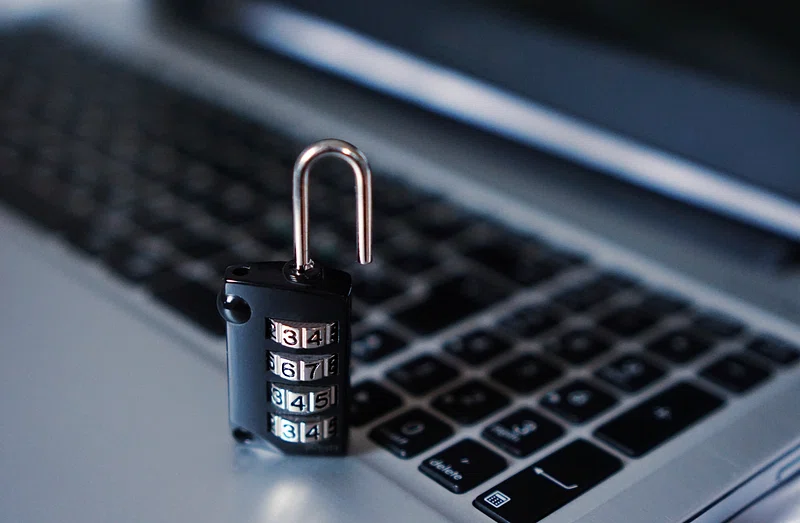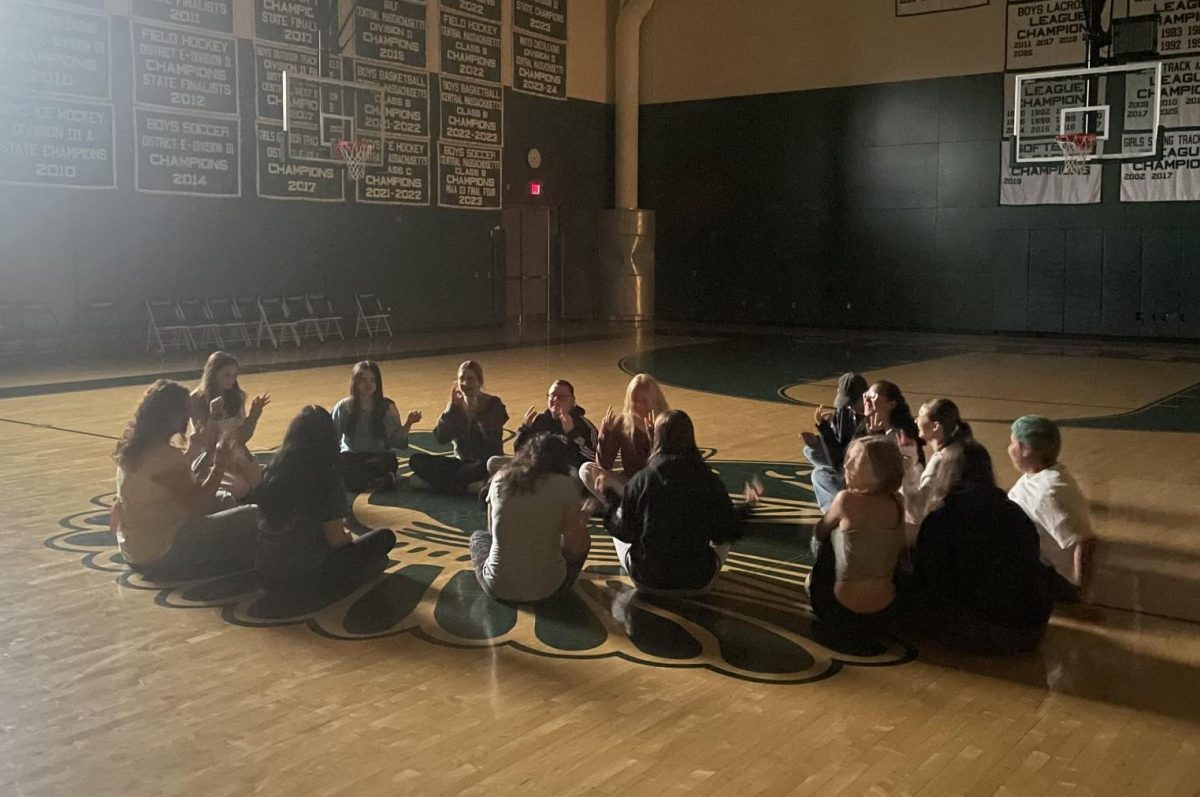What is “burnout” and what happens to you if you have it? How do you know if you do have it? What should you do if you have it?
Burnout means you can’t take the situation you’re in anymore. You have to stop or step away.
Burnout is not considered an actual medical diagnosis. As well as not being a medical diagnosis, it can’t be considered a mental health disorder. But it can be closely tied to some disorders. Burnout can be a cause of diagnosable mental disorders, including depression and anxiety. It can also work the other way around, where mental disorders can lead to burnout. Together they can be exceedingly unhealthy.
How do you get burnout?
It can come from a wide variety of environments. It is most common in work or school environments. It can be caused by too much stress and demanding responsibilities at home or anywhere you have responsibilities. Spending most of your time in a stressful or unpleasant environment can be a factor.
People with toxic relationships in their lives or those with a lack of close relationships are at higher risk for burnout. This can also affect your self-esteem and make you doubt yourself. Not getting enough sleep can also be a cause or make it worse as it can make it harder for you to focus and get work done. You should be trying to get enough sleep and rest, especially if you’re still in high school.
Different people can experience burnout in different ways. There is physical burnout which consists of symptoms including headaches, stomach aches/intestinal problems, and high blood pressure. Other symptoms can also appear as constant fatigue and frequent illness. If these symptoms start to appear, now is when you should act.
Now what happens to you if you have burnout? It can affect how you focus and how you work. You may find yourself slipping behind, and needing more motivation. It can affect your mood and cause you to lash out and withdraw from your friend groups. You might have low motivation to do anything.
The first thing you should do to get out of burnout is turn to other people for support. This may be a parent, friend, or therapist. One small thing you can do is make a checklist. A small to-do list can help you regain control of your everyday life. Another thing you can do is take a break. This might be hard to do if you’re swamped with schoolwork, but find a time that works for you so you can take some time to breathe. Even when working on small tasks remember to take breaks so you don’t overwork yourself.
If you’re feeling burnt out you should start following some of the tips, and in the future try not to overschedule yourself, learn your limits, and stick to them.



